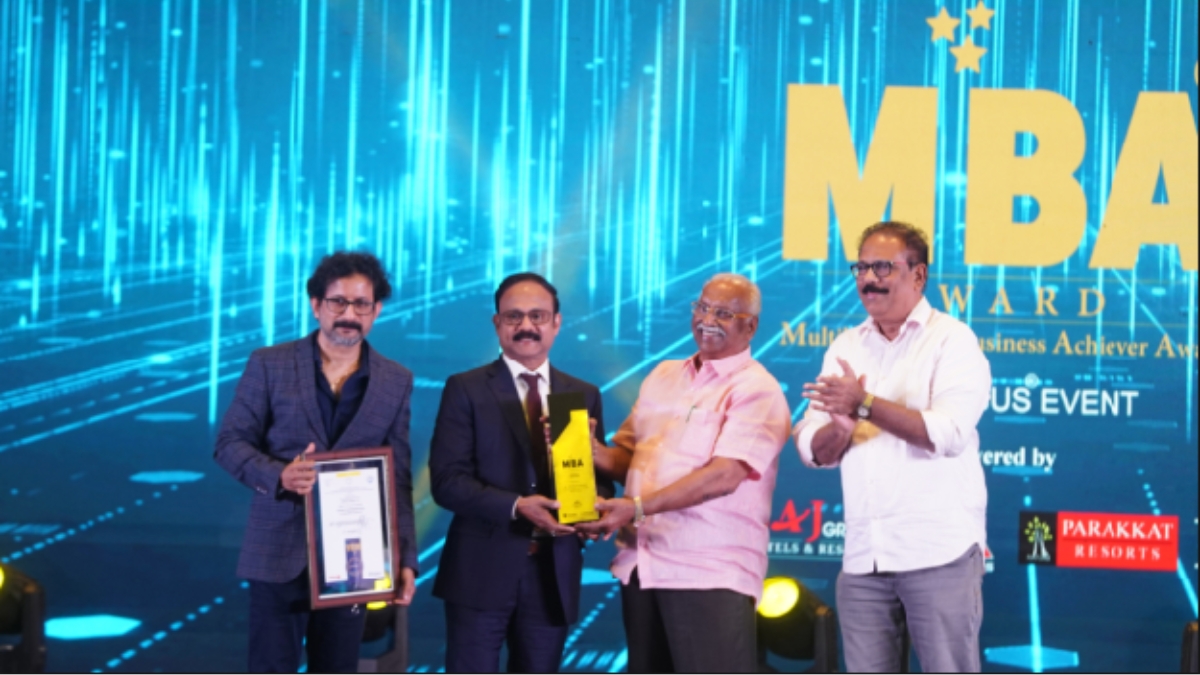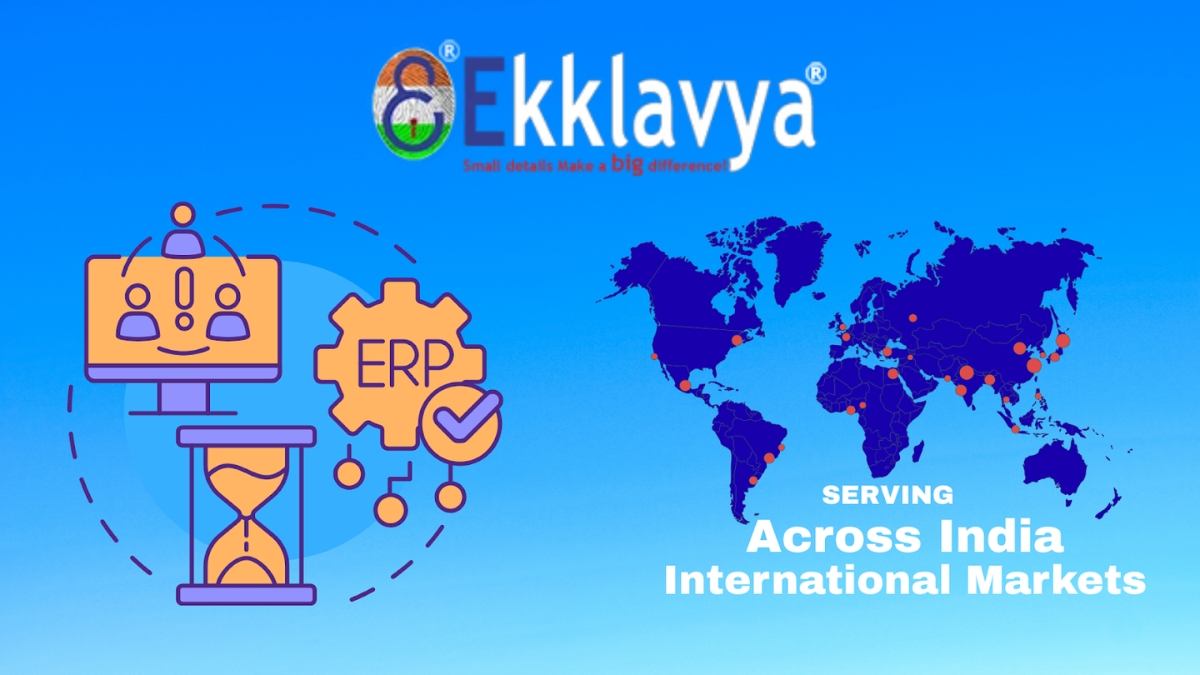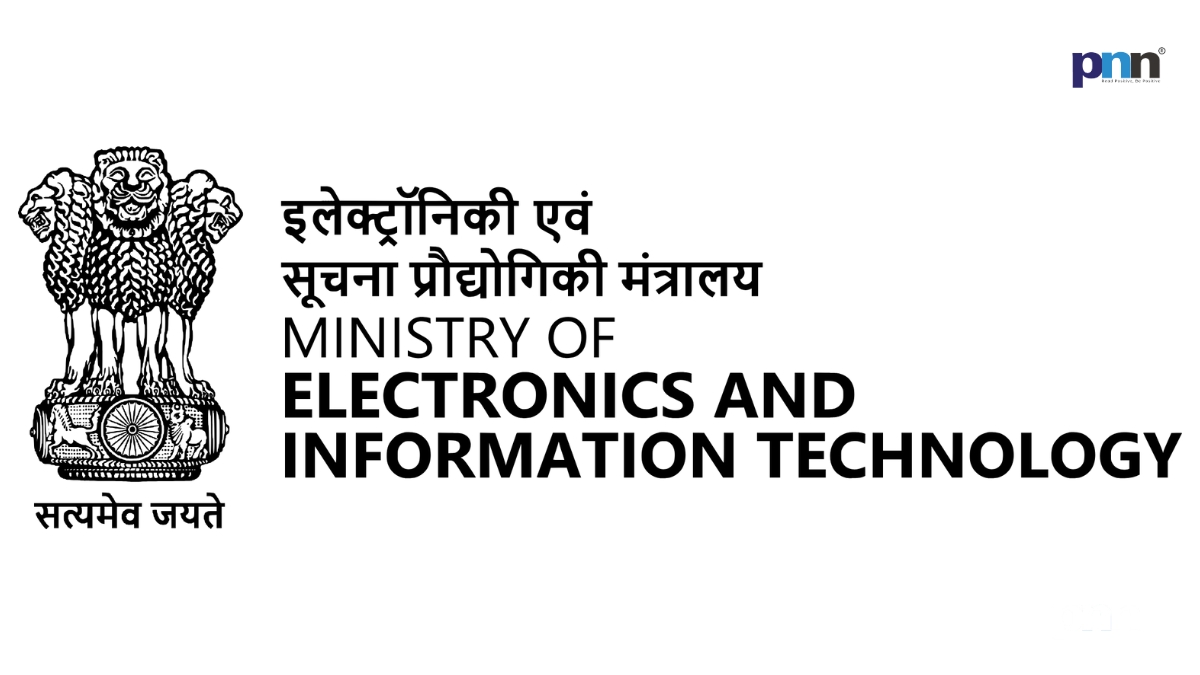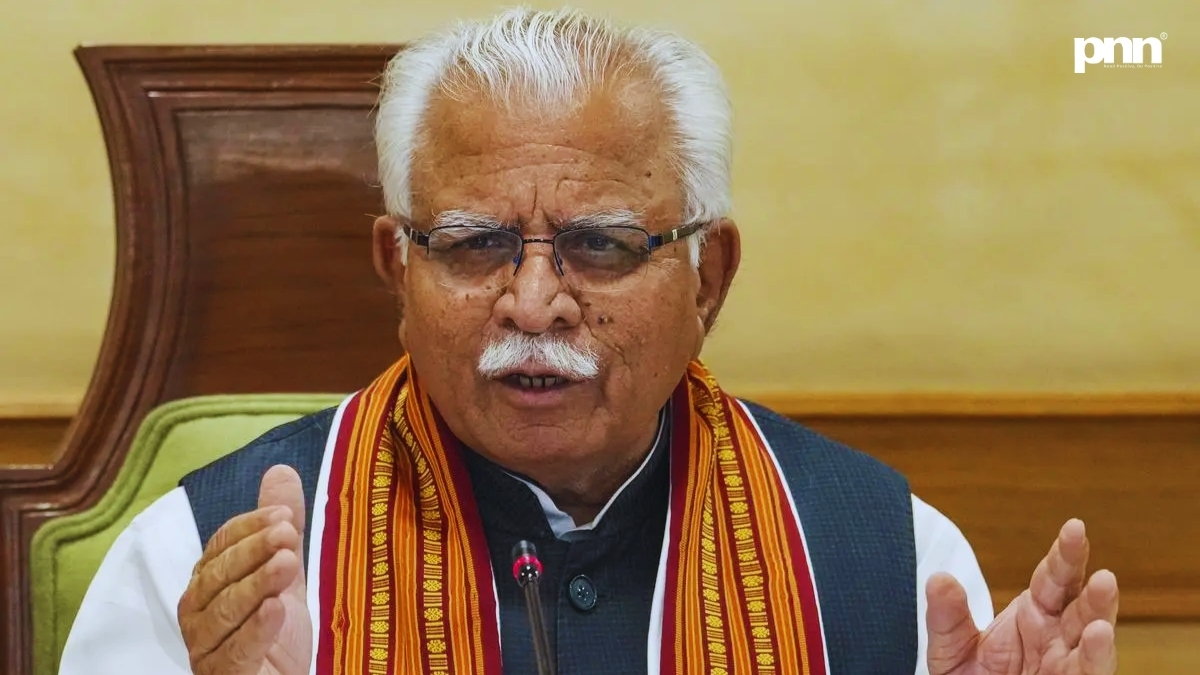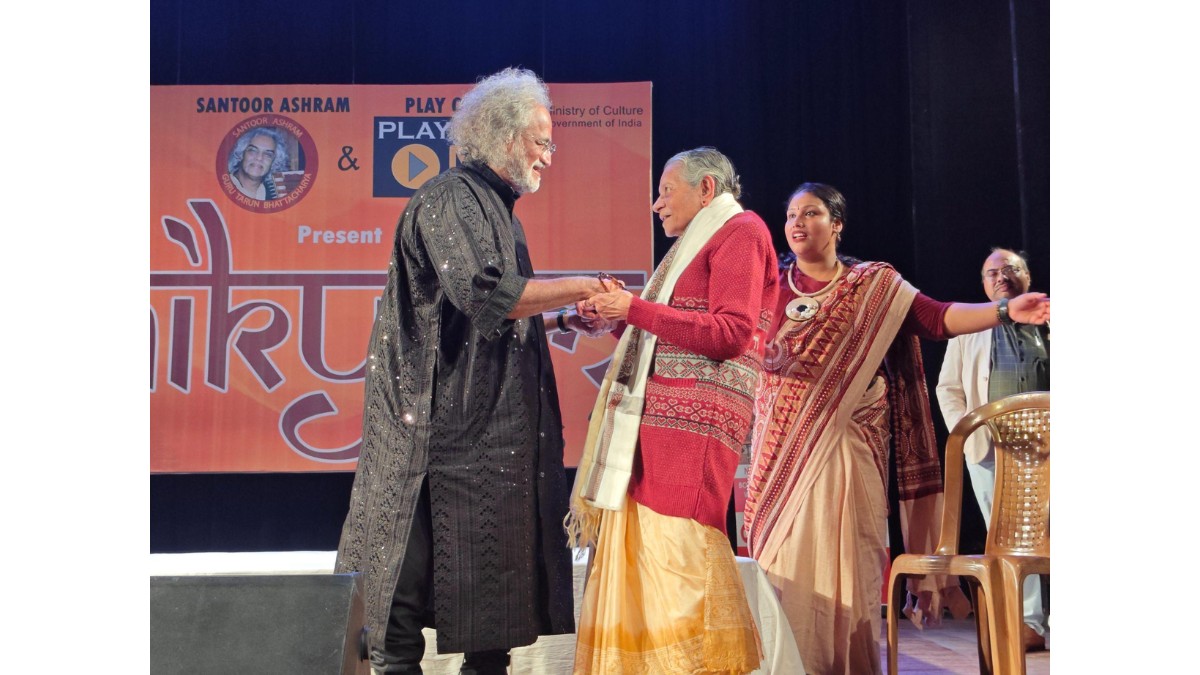
New Delhi [India], July 30: If you’d walked into South Block on July 30, you’d have felt the shift, not just in security protocol, but in purpose. India and the United Arab Emirates (UAE), two nations bound by trade, trust, and tradition, decided to up the ante on their defence ties. And this time, it wasn’t just another handshake; it was a blueprint for the future.
At the 13th edition of the India-UAE Joint Defence Cooperation Committee (JDCC), held for the first time at the Secretary level in New Delhi, the mood was unmistakably forward-looking. India’s Defence Secretary Shri Rajesh Kumar Singh sat across from the UAE’s Under Secretary of Defense, Lt General Ibrahim Nasser M. Al Alawi, as the two sides went beyond pleasantries and got to work.
Because let’s be honest, global power equations are shifting. And both Delhi and Abu Dhabi seem determined not to play catch-up.
From Goodwill to Groundwork
What makes this meeting stand out isn’t its position in a series; it’s what it represents: a move from ceremonial cooperation to real, actionable alignment.
India didn’t just offer training; it offered customised courses, tailored to the UAE’s specific operational needs. That’s not just partnership, that’s trust in action. Military training used to be seen as an internal domain. Not anymore. The fact that both nations are open to cross-learning speaks volumes.
But the training talk was just the start. The two delegations dug into specifics: defence industrial tie-ups, Service-to-Service cooperation, joint manufacturing, you name it. One model in particular caught attention: the collaboration between India’s ICOMM and the UAE’s CARACAL on small arms production. A practical, tested example of how things can move beyond MoUs and photo-ops.
And they’re eyeing more, co-developing next-gen technologies, artificial intelligence systems, and naval upgrades. It’s no longer about buying or selling; it’s about building together.
Naval Notes and New Frontiers
It might have gone under the radar, but one of the most meaningful outcomes was the signing of a Memorandum of Understanding between the Indian Coast Guard and the UAE National Guard. Sounds bureaucratic, right? But look closer.
Search and rescue cooperation. Pollution response protocols. Anti-piracy mechanisms. These aren’t theoretical; they’re real-world problems both navies face. And now, they’ll be facing them together.
The run-up to the JDCC was just as busy. Between July 28 and 29, the two nations conducted the 4th Army-to-Army, 9th Navy-to-Navy, and the first-ever Air-to-Air Staff Talks. That last one? A quiet milestone. It signals growing aerial synergy, possibly hinting at joint exercises or even future air defence systems working in tandem.
What’s interesting is how natural this collaboration now feels. Ten years ago, this level of detail and defence intimacy might have raised eyebrows. Today, it feels overdue.
Industry Takes the Mic
Defence dialogues are no longer the exclusive domain of generals and government officials. Industry is now a critical third pillar. And India and the UAE know it.
The upcoming 2nd India-UAE Defence Industry Partnership Forum, to be held on July 31, is likely to push the envelope even further. It’ll bring together defence manufacturers, policymakers, and innovators from both nations to explore new ventures. Shipbuilding, upgrades, AI tools, maintenance, all on the table.
That forum will be co-inaugurated by Lt General Al Alawi and India’s Secretary (Defence Production) Shri Sanjeev Kumar. If you’re watching for announcements, that’s the room where you’ll hear them first.
A Partnership Forged in the 2015 Pivot
Back in 2015, Prime Minister Narendra Modi made a visit to the UAE that was, frankly, more than symbolic. It turned a polite friendship into a Comprehensive Strategic Partnership. Trade surged. Investment grew. And now, defence is catching up.
The JDCC meet is the clearest signal yet that the India-UAE bond isn’t static. It’s evolving, with intention.
With India set to participate in the Dubai Air Show this November, it’s safe to say the momentum isn’t slowing. If anything, both countries are in acceleration mode.
And why not? As the geopolitical sands shift across Asia and the Gulf, Delhi and Abu Dhabi seem to be reading from the same playbook: Invest in each other. Collaborate on innovation. Keep the lines open.
Because in today’s world, having a reliable partner isn’t just reassuring, it’s strategic.




